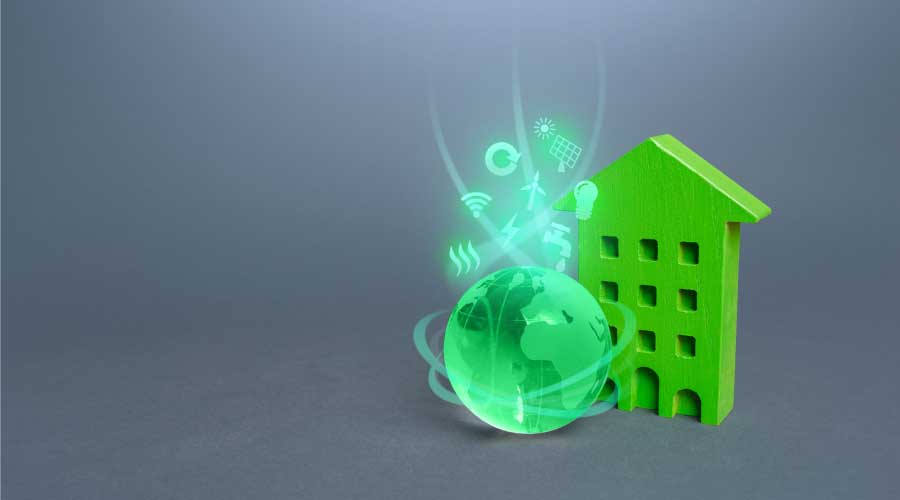EPA Announces New Computer Efficiency Requirements
With an eye to saving U.S. households and businesses more than $1.8 billion in energy costs over the next 5 years, the Environmental Protection Agency (EPA) announced new Energy Star specifications for computers and related equipment. These new modifications are also expected to prevent greenhouse gas emissions equal to the annual emissions of 2.7 million cars.
With an eye to saving U.S. households and businesses more than $1.8 billion in energy costs over the next 5 years, the Environmental Protection Agency (EPA) announced new Energy Star specifications for computers and related equipment. These new modifications are also expected to prevent greenhouse gas emissions equal to the annual emissions of 2.7 million cars.
"As the driver of America's technology revolution, the innovative spirit of the computer industry is now powering our energy revolution," says EPA Administrator Stephen L. Johnson. "Through Energy Star, President Bush and EPA are brightening our nation's future, and I applaud these leaders for developing energy efficient computers that are good for our environment and good our wallets."
Under the new specifications, only the most energy-efficient computer related equipment will earn the Energy Star label, representing the top of their class.
The new requirements include improved efficiency across all modes of a computer's operation, and require use of highly efficient internal and external power supplies. The new specifications go into effect on July 20, 2007.
If every computer purchased by businesses meets the new Energy Star requirements in effect next year, businesses will save $1.2 billion over the lifetime of their new computers, equal to lighting 730 million square feet of U.S. commercial building space each year.
Government agencies buying Energy Star will also garner big savings. If the government sector buys only computers that meet the new Energy Star requirements, this sector will save nearly 1.4 billion kWh and reduce greenhouse gas emissions by 2 billion pounds each year.
On average, Energy Star qualifying computer equipment will be 65 percent more efficient than conventional models.
Computers were the first product to qualify for EPA's Energy Star in 1992. EPA and computer makers have worked together on improving computer energy efficiency ever since. The United States now has more 180 million computers in use; they consume nearly 58 billion kWh per year, or about 2 percent of annual U.S. electricity consumption.
For more information about the final Energy Star specification for computers, click here.
Related Topics:











